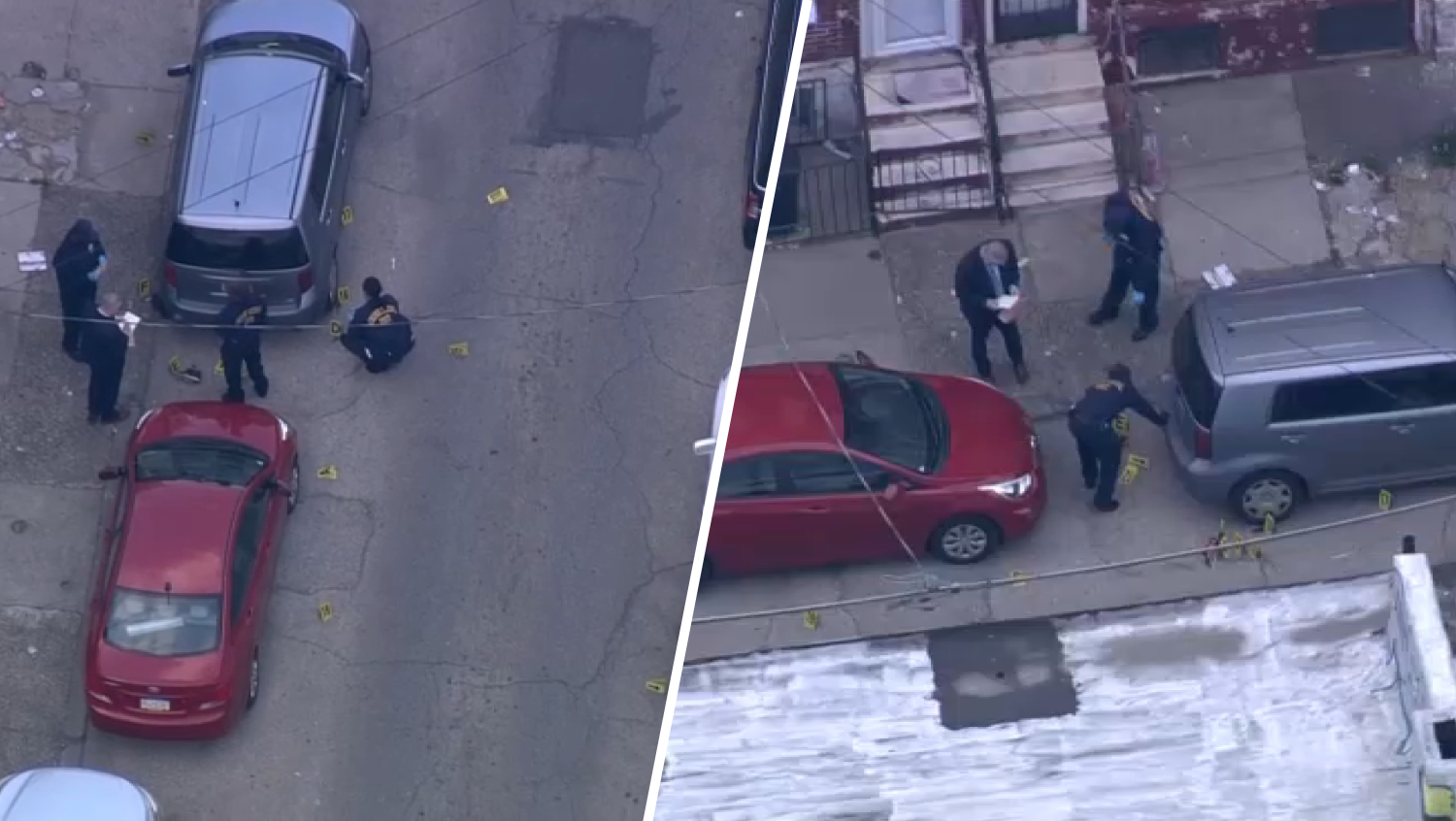The University of Pennsylvania has announced that it will contribute $100 million to the School District of Philadelphia over the next decade to deal with environmental hazards such as asbestos and lead in school buildings.
Officials said the contribution of $10 million each year for 10 years represents that largest private contribution to the school district in its history.
Penn President Amy Gutmann said officials were proud to partner with the city and school district “to significantly improve the learning environment for Philadelphia’s schoolchildren in a way that will have a long-lasting impact on the health, safety, and wellbeing of our entire city."
Officials said the school district has since 2018 fully stabilized lead paint in 54 elementary schools, completed work to certify an additional 25 schools as lead-safe and invested more than $23 million to complete asbestos-related projects.
The district estimates the total cost of its "unmet capital needs" - or repairs and projects that have yet to be funded - at $4.5 billion. With district schools remaining closed for in-person learning due to the coronavirus pandemic, that's given crews time to continue those projects uninterrupted, Superintendent William Hite has said.
Penn's contribution “will be a great support as we move forward to address the immediate environmental conditions in all of our schools," Hite said Tuesday. "This will allow us to shift our focus to creating 21st-century learning environments for all students. ”
President Jerry Jordan of the Philadelphia Federation of Teachers, which represents public school employees, called it “an extraordinary day for our schoolchildren and educators," and said the money would help "massively overhaul the toxic conditions in so many of our schools."
Local
Breaking news and the stories that matter to your neighborhood.
"This is a day borne out of years of organizing and groundwork: rallies, marches, testimony, reporting, mobilizing, and political action. But it is also a day borne out of tragedy," Jordan said, mentioning school staff who suffered from lead paint-related poisoning and mesothelioma from asbestos particles.
News of Penn's contribution was heartening to critics who had called for the university to submit payments in lieu of taxes (PILOTs) - giving the city some revenue off land not subject to property taxes. Some leaders and activist groups demanded other universities to follow suit Tuesday.
In this Feb. 2020 report, students returned to Benjamin Franklin High School and the Science Leadership Academy after asbestos repairs.
Councilmember Helen Gym, among those critics, called it "a long overdue and important step forward for the City and School District."
“Together with our civic institutions, we can build a new model for equitable partnership with local government, and a new infrastructure that not only protects our children, but shows them that they are loved and valued as every child should be," Gym said in a statement.
“I call on other major institutions in our city to follow Penn’s lead and to pay a fair share investment in addressing the shameful school funding crisis. Investing in our public schools is a lasting investment in our future,” Gym said.
Penn for PILOTs, a group of university staff and faculty, also characterized the contribution as a "step" and hoped for a more systemic change that would more fully fund the district's needs.
"The chronic underfunding of the Philadelphia Public Schools cannot be resolved with a limited commitment of ten annual payments; it requires a system of public finance that ensures that the city's wealthiest institutions pay their fair share every year in perpetuity," the group said in a statement.



